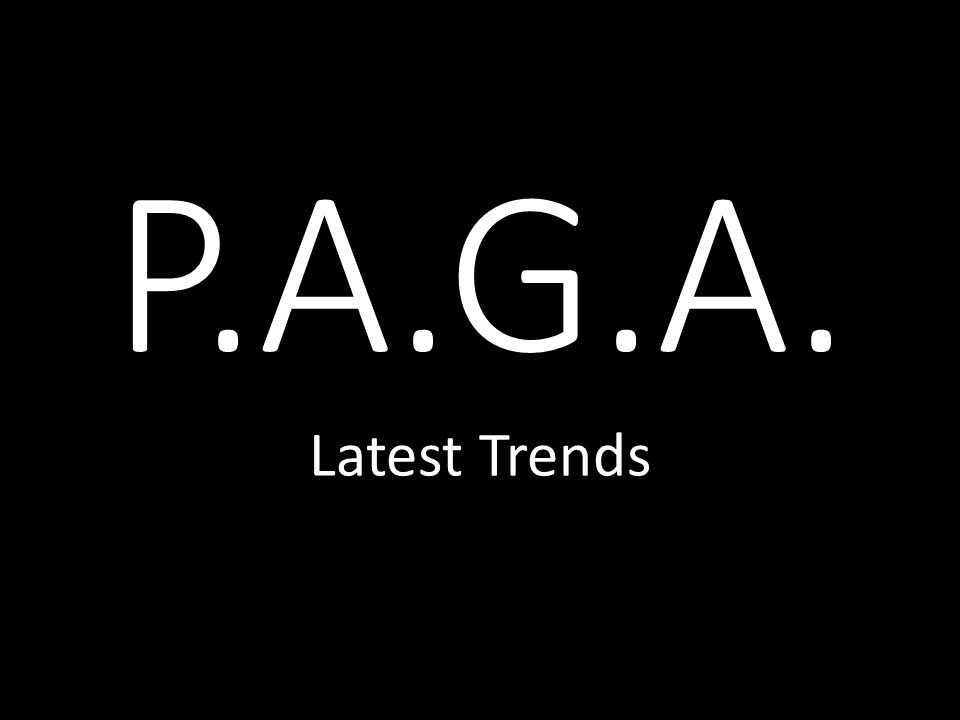California Private Attorney General Act ("PAGA") authorizes aggrieved employees to file lawsuits to recover civil penalties on behalf of themselves, other employees, and the State of California for Labor Code violations. PAGA plaintiffs act as "bounty hunters" and can receive a portion (25%) of the penalties that they "hunted" for the state. PAGA civil penalties are awarded per person per violation, per pay period and may raise stakes to millions of dollars.
The initiative to replace PAGA
Signatures are gathering for a proposed ballot to replace PAGA with a new law - the Fair Pay and Employer Accountability Act. Under the proposed law, the Labor Commissioner will resolve claims for civil penalties and distribute 100% of workers' money to the workers. This law is aiming to stop shakedown lawsuits against employers. Read more.
Constitutionality
Recently, PAGA's constitutionality has been challenged in California Business & Industrial Alliance v. Xavier Becerra (now pending in the Fourth Appellate District of California). The petitioner argued in this case that the delegation of executive (LWDA's) powers to non-executive branch (employees) violates the separation of powers.
Manageability
Though PAGA plaintiff "represents" other aggrieved employees, PAGA is different from a class action. Unlike a class action, there are no procedural requirements for class certification for PAGA claims. However, the California Court of Appeals recently settled this heavily contested issue in Wesson v. Staples The Office Superstore, LLC (2021). The court ruled that courts have inherent power to strike PAGA claims if they are not manageable (for example, if there is a great variation in facts for each employee).
3/23/2022 Update: A recent decision by another Appellate Court of California has created a split between courts on the issue of manageability. The court in Estrada v. Royalty Carpet Mills, Inc. recently held that manageability cannot be a ground for dismissal, stating, "While we understand the concerns expressed in Wesson, we reach the opposite conclusion." The court in Estrada did note, however, that courts may still limit the amount of evidence on unmanageable PAGA claims. But that would "just reduce the amount of penalties awarded rather than lead to dismissal."
Arbitration: Preemption by the Federal Arbitration Act ("FAA")
The U.S. Supreme Court is to decide this year whether waivers of PAGA claims in arbitration agreements can be enforceable. Viking River Cruises, Inc. v. Moriana. If the Court rules that FAA preempts PAGA, employers may potentially limit future PAGA claims by implementing arbitration agreements with representative and class action waivers.
6/15/2022 Update: the U.S. Supreme Court ruled in Viking River Cruises that employees can waive their private PAGA claims in arbitration agreement.
7/17/2023 Update: California Supreme Court issued its decision in Adolph v. Uber Technologies, Inc., explaining that a PAGA plaintiff who is compelled to arbitrate his/her individual PAGA claims can still retain the standing as a representative for others' PAGA claims.
